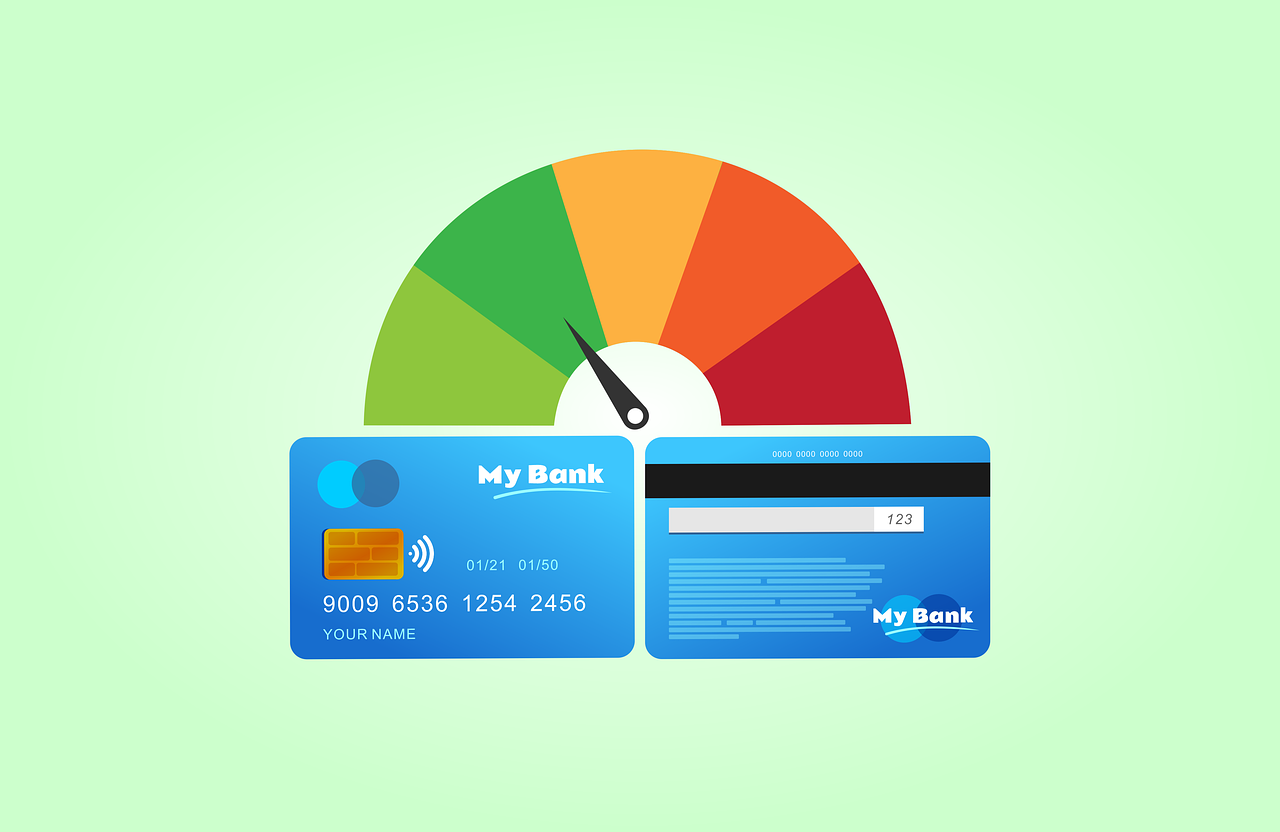10 Practical Tips on How to Effectively Manage Your Personal Finances

If you have ever checked your bank balance and felt a bit worried, you can be sure many people feel the same way. Keeping up with bills, savings, and unexpected expenses can feel challenging, and that is exactly why managing personal finances is so important. It gives you clarity and a sense of control when life gets unpredictable.
When you know how to manage your personal finances, you make better decisions, handle surprises with confidence, and move closer to your financial goals. Strong financial habits help you stay steady even when things around you change.
In this article, you will find ten practical tips to help you manage your personal finances more effectively and build a solid financial foundation for the future.
1. Make a Good Budget
The first step towards effective management of personal finances is creating a budget. A budget helps you track all your incomes and expenses. First, identify all the sources of your income. These may include wages and salaries, proceeds from side hustles, passive income, and bonuses. You should then determine your net income after taxes and other statutory deductions. This will help you understand the actual amount of money you have available for expenditure. After that, classify all your potential expenses, including but not limited to:
- Rent
- Food
- Electricity and water bills
- Transport
- Entertainment
- Repairs and maintenance
After listing all your expenses, allocate a particular portion of your income to each category, ensuring that your expenses don’t exceed your income. Moreover, don’t forget to set aside some income as savings.
2. Set Realistic Financial Goals

Coming up with clear and attainable financial goals can give you a sense of direction and motivation. First define your short-term goals like saving to pay off a minor debt or for a short vacation. You can then set long-term goals such as buying a home or saving for retirement. Break down these long-term goals into actionable steps and set a timeline for their achievement. This organized approach helps you monitor progress and remain focused.
Reviewing and modifying your goals regularly makes them remain relevant to your varying situations and keeps you involved in your financial planning.
3. Monitor Your Expenses
You need to track your expenses by keeping a record. You can do this using financial software, budgeting apps, or a spreadsheet. Tracking your expenses will help you understand where your money is going, and give you hints on possible adjustment areas to reduce expenditure.
4. Manage Your Debt
Debts come in different forms, including personal loans, credit card debt, mortgages, and so on. If you’ve any outstanding debt, make a plan to offset it. You’ll need to prioritize paying off the high-interest debts and make extra payments towards them while making minimum payments on the other debts, until you clear all of them.
5. Build Savings

All the income you generate should not just meet expenses and pay off your debts. Through proper budgeting, a portion of it should go to your savings. Try to spare an emergency fund that can cover the living expenses for three to six months. Saving can also be a safety net during hardships such as unexpected medical costs, natural disasters, and sudden job loss.
Moreover, there are some life goals you can only think about rather than attain, if there is no provision for that in your savings. Saving brings your dreams and aspirations to reality. If you wish to go out on a vacation with your family, give your children quality education, improve your conventional home, or upgrade the car you drive, then saving is inevitable.
In summary, savings help you in the following ways:
- Help you attend to emergencies
- Help you achieve specific goals in life
- Cushion you during hard times
- Reduce your tax liability
- Help you invest to build more wealth
- Enhance your work flexibility
- Give you more travel opportunities
- Relieve you of financial stress
- Help you support others
6. Invest Wisely
Besides saving to meet short-term goals, consider saving to invest for the long-term. Long-term investments like investment portfolios and retirement accounts accumulate wealth and guarantee you a happy retirement. Real estate investment is a lucrative venture you may also consider. Viable long-term investments also give you financial independence, security, and stability.
7. Live Within Your Means
Ever heard of ‘biting more than you can chew’? If that rings a bell, then it’s high time you lived within your means. Your expenses should never exceed your income. When you live beyond your means, you are likely to incur unnecessary and expensive debts that will harm both your financial life and health. Responsible spending on need basis rather than want basis can help a great deal. Any time you find yourself saving a substantial portion of your income, prioritize saving for investment over incurring needless expenditures.
8. Regularly Review and Modify Your Budget
Constantly review and adjust your budget to cut back on unnecessary expenditures. You should also amend your financial goals to make them reasonable and achievable within your budget. Moreover, your budget requirement should always match any changes in income or expenses. Above all, embrace financial discipline and stay consistent with your financial plan.
9. Monitor Your Credit Score

Tracking your credit score constantly is crucial for preserving financial health. Your ability to rent an apartment of your wish or to obtain a credit facility at favorable interest rates, are all pegged on a good credit score. You should periodically check your credit report to confirm accuracy and quickly address any inconsistencies.
By understanding your credit score and the factors that impact it, like low credit card balances and timely settlement of bills, you can take appropriate steps in advance to be in good standing. Improving your credit score gives you more financial opportunities and can save you money in the long run.
10. Seek Professional Advice
Sometimes financial management can be mentally and emotionally draining. If you feel overwhelmed or need specific financial assistance, consider engaging a financial advisor. They can give you tailored advice based on your special financial position and help you make wise choices.
In Summary: How to Manage Personal Finances
- Create a good budget
- Set realistic financial goals
- Monitor your expenses
- Manage your debt
- Build savings
- Invest wisely
- Live within your means
- Regularly review and modify your budget
- Monitor your credit score
- Seek professional advice
Bottom Line
Managing personal finances effectively is a rigorous process that requires strategy and diligence. Through assessing your income, proper budgeting, setting clear and achievable goals, tracking expenses, and managing debt, you can build a firm financial base. Saving and building an emergency fund can further improve your financial well-being, while investing wisely and living within your means can enhance your long-term financial stability. Reviewing and modifying your budget constantly can make it align with your goals, while seeking professional financial advice can provide valuable insights. Collectively, these strategies provide a comprehensive approach to realizing good financial health, stability and security.




